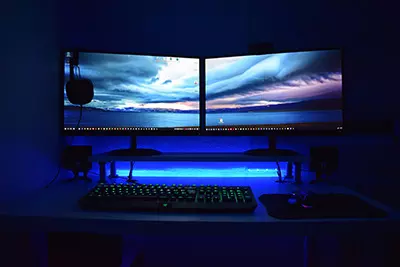 With one eye on the approaching support deadline for Windows 10, Microsoft has commenced the slow wind-down to that date by announcing that they will no longer be selling new licences for their venerable operating system.
With one eye on the approaching support deadline for Windows 10, Microsoft has commenced the slow wind-down to that date by announcing that they will no longer be selling new licences for their venerable operating system.
Windows 10 was launched in 2015, and at the time, Microsoft somewhat optimistically announced it would be the "last version of Windows". Their plan was to just keep releasing incremental updates from then on. The issue they hit is that with that framework in place, when does an old device naturally fall out of support? It's impractical to support devices forever, as it holds back development on new features. But if you bought a Windows 10 ready device, that suggests you'll get every future update. The updates do have codenames, but these are not widely known by the general public, so suggesting a specific sub-version of Windows 10 would be the point that a certain device was no longer supported would be very likely to cause confusion.
Hence Windows 11. While the first version of this operating system could easily have been just another feature update to Windows 10, the decision was made to launch it as a new version with a new requirement list for the devices that run it so they could drop support for (largely) pre-2017 devices. When Windows 11 was launched in 2021, Microsoft soon set an end-of-life date for Windows 10 towards the end of 2025.
So, with a couple of years or so until that date arrives, Microsoft has decided now is the time to stop selling new licences via their website. This doesn't mean it won't be available anywhere yet - some retailers and OEMs may choose to continue supplying it for now. However, it does suggest that Microsoft is signalling that people should be moving away from the operating system now.
This will have no impact on people already using Windows 10. That will continue to receive security updates for a while yet. However, as always, that final end-of-life deadline will approach faster than you think, and running an unsupported version of Windows will be even riskier than ever as malware runs rife. Windows 11 is now as stable as it's ever going to be, so if you're still running Windows 10, now is probably the time to start planning the upgrade to leave ample time to deal with any issues, should they arise.
